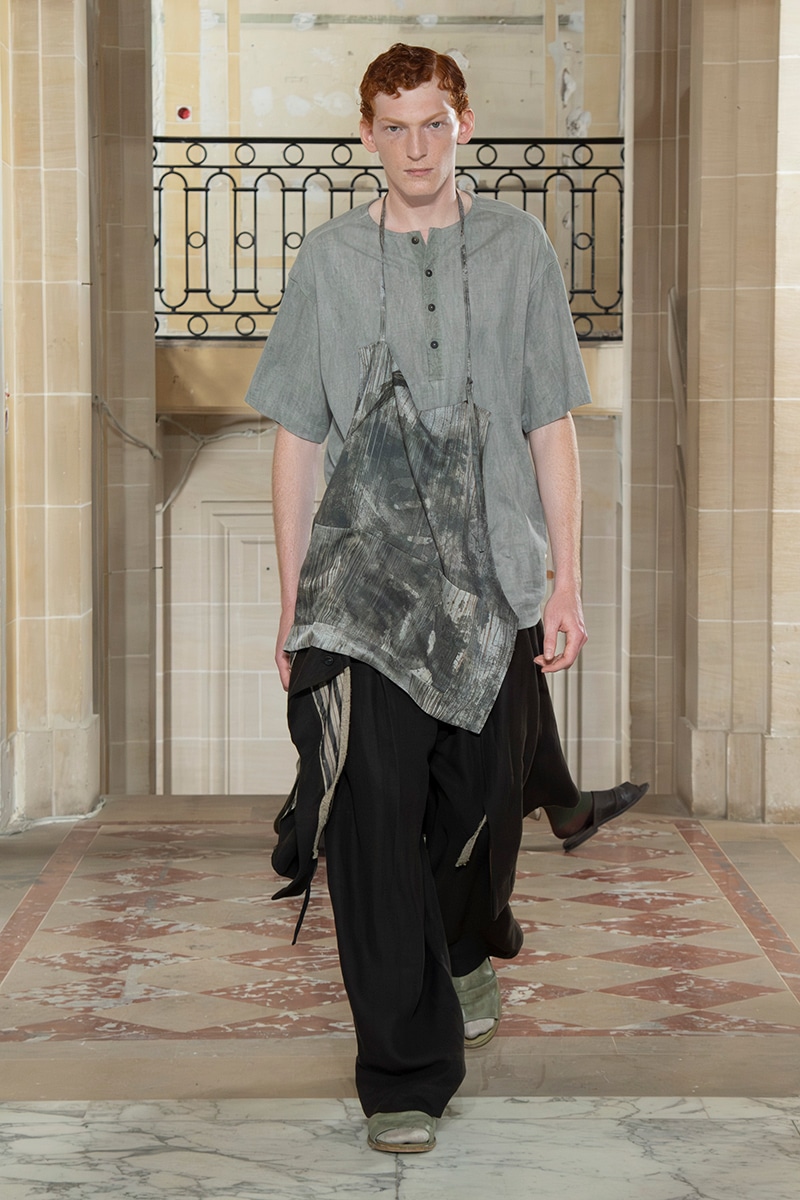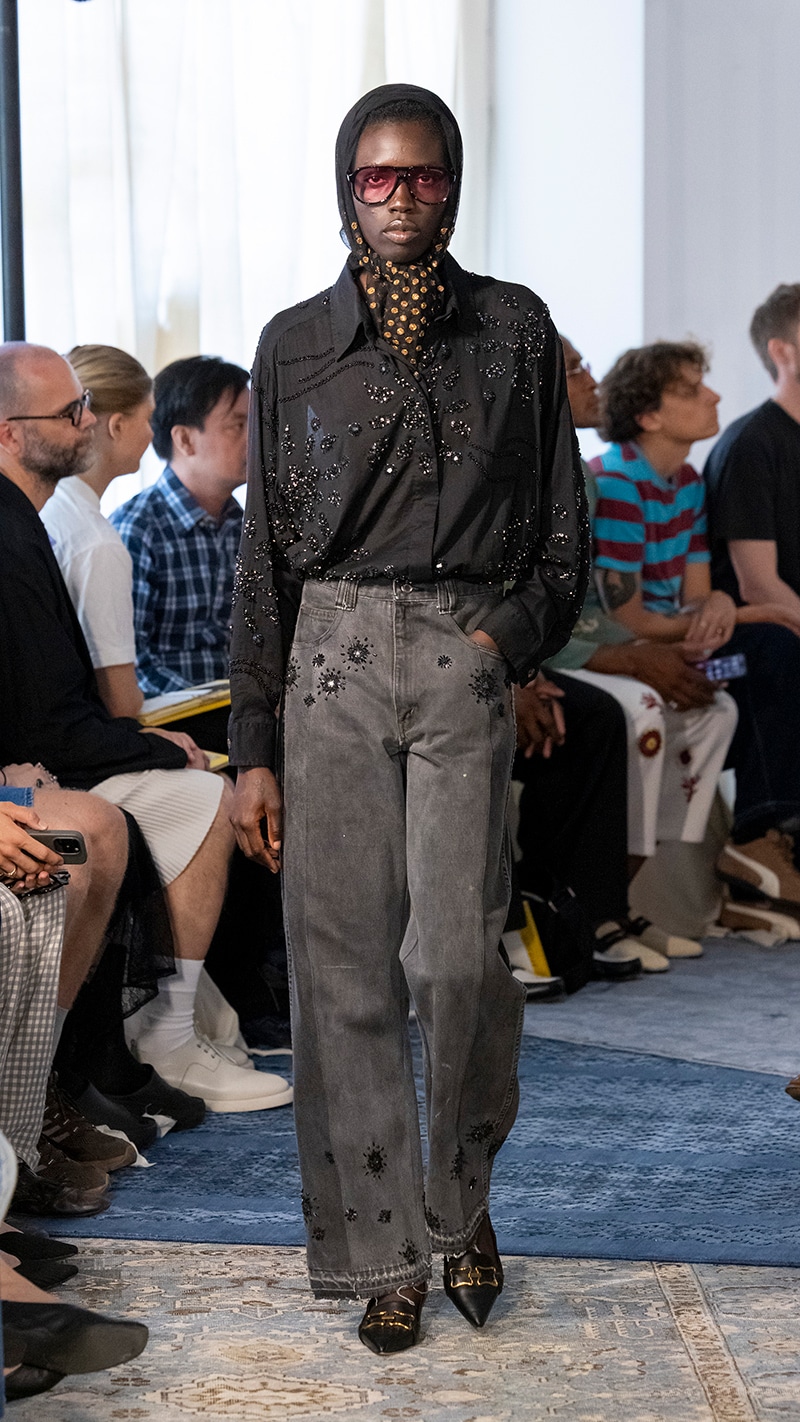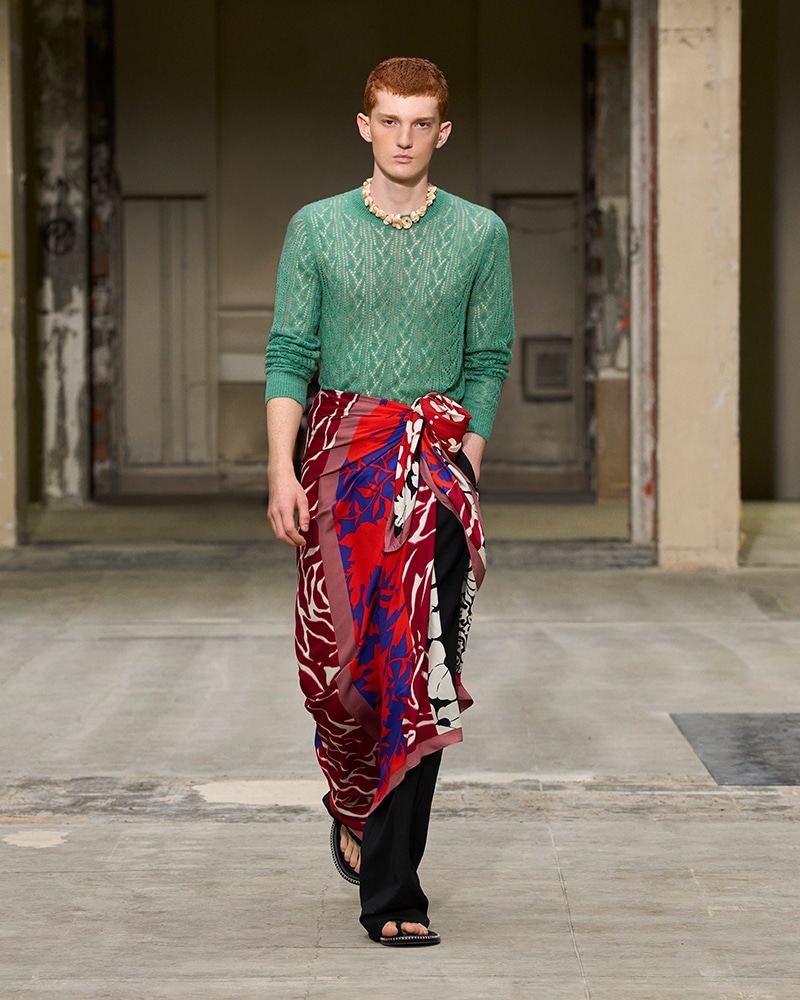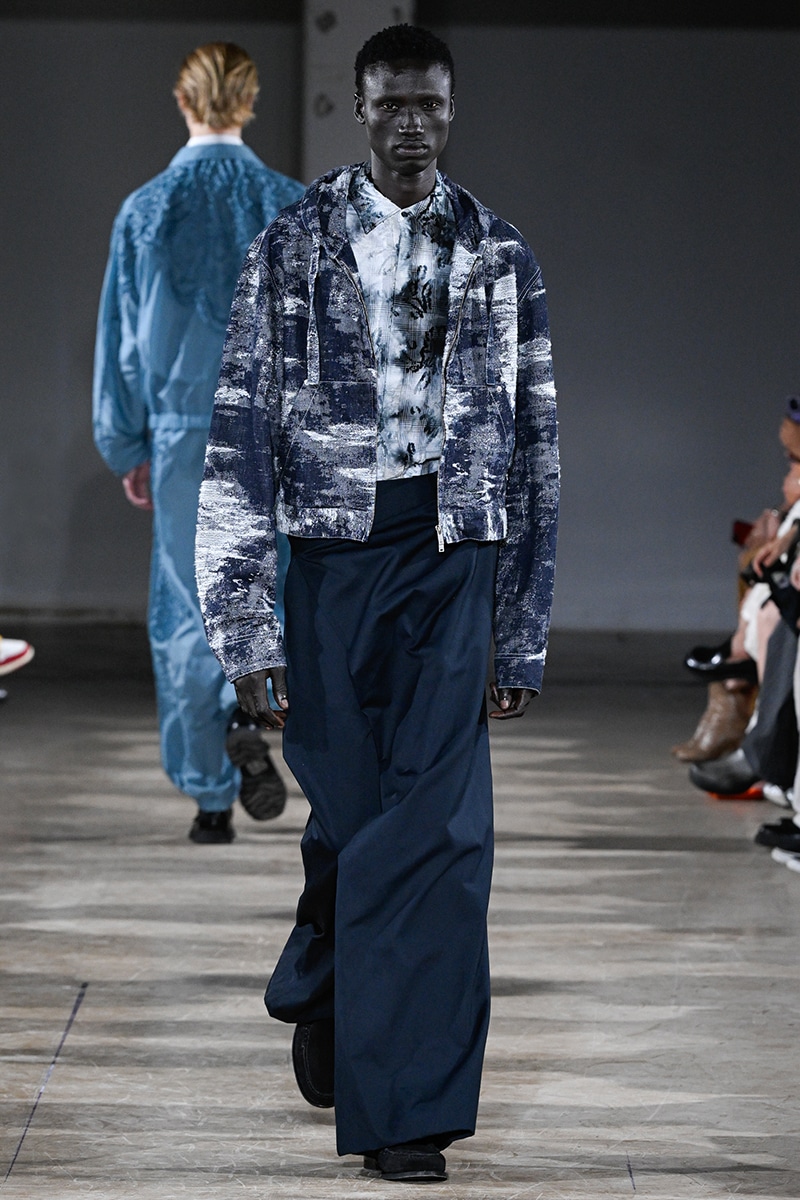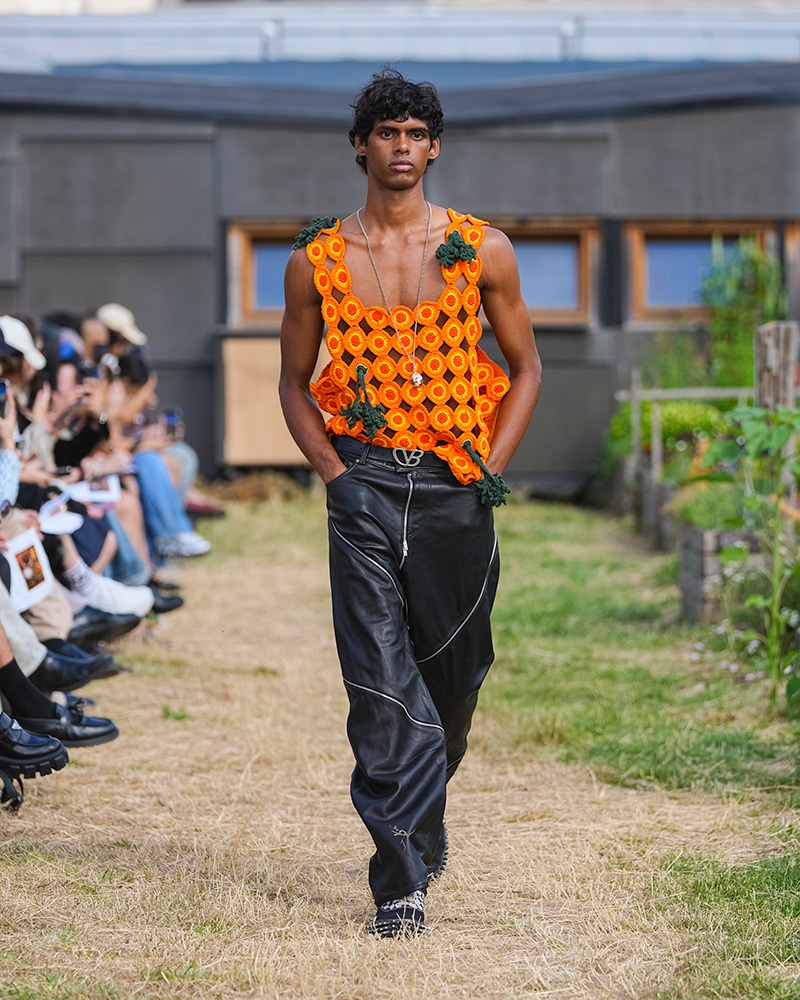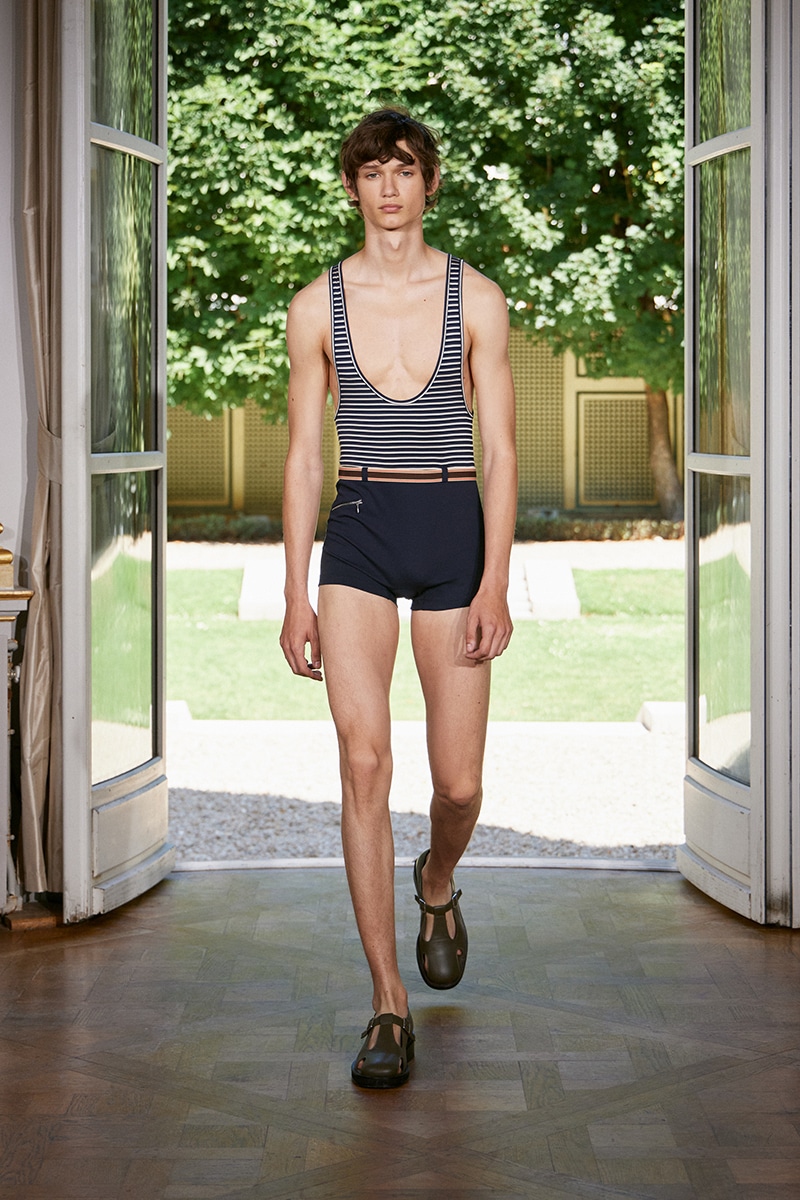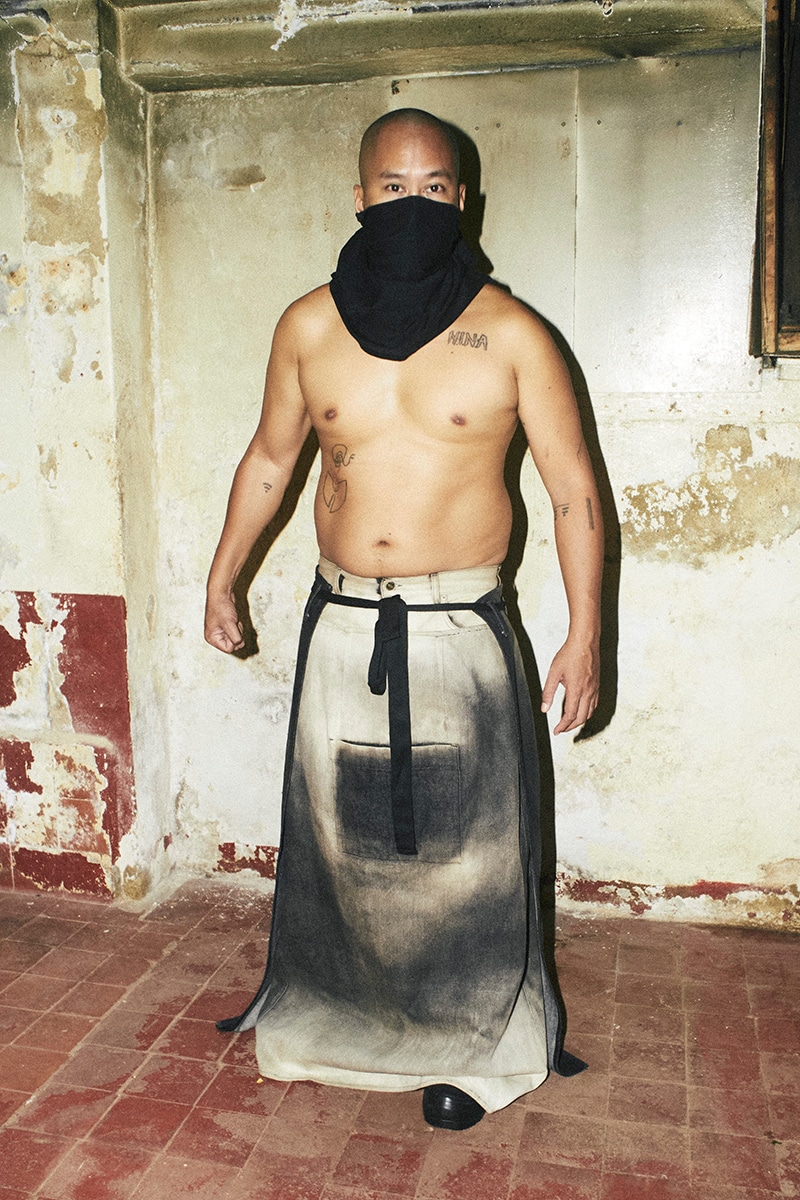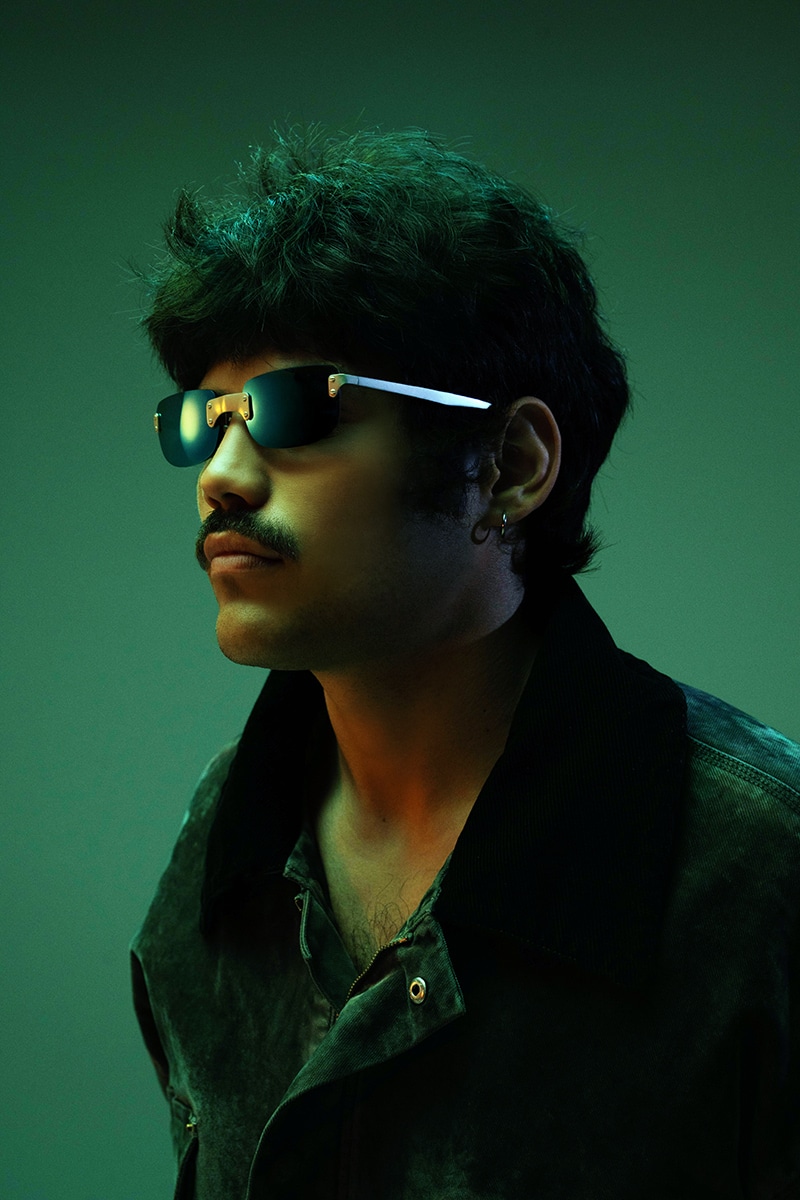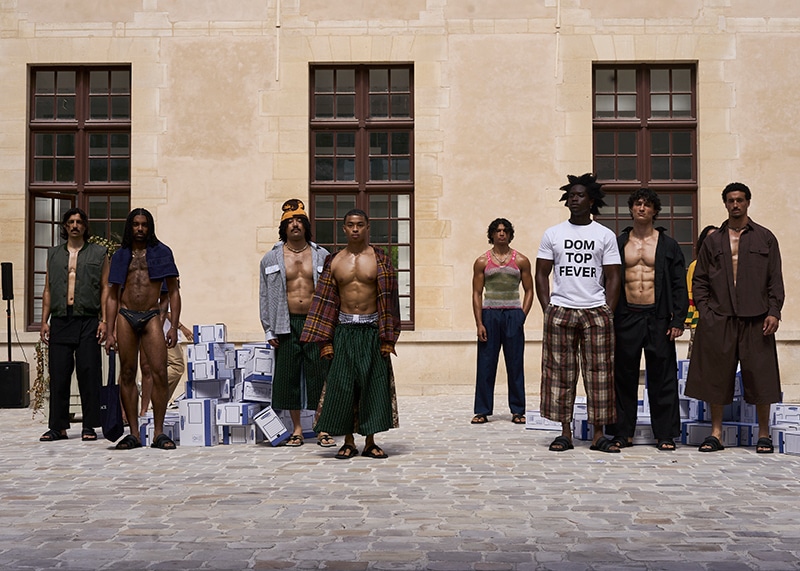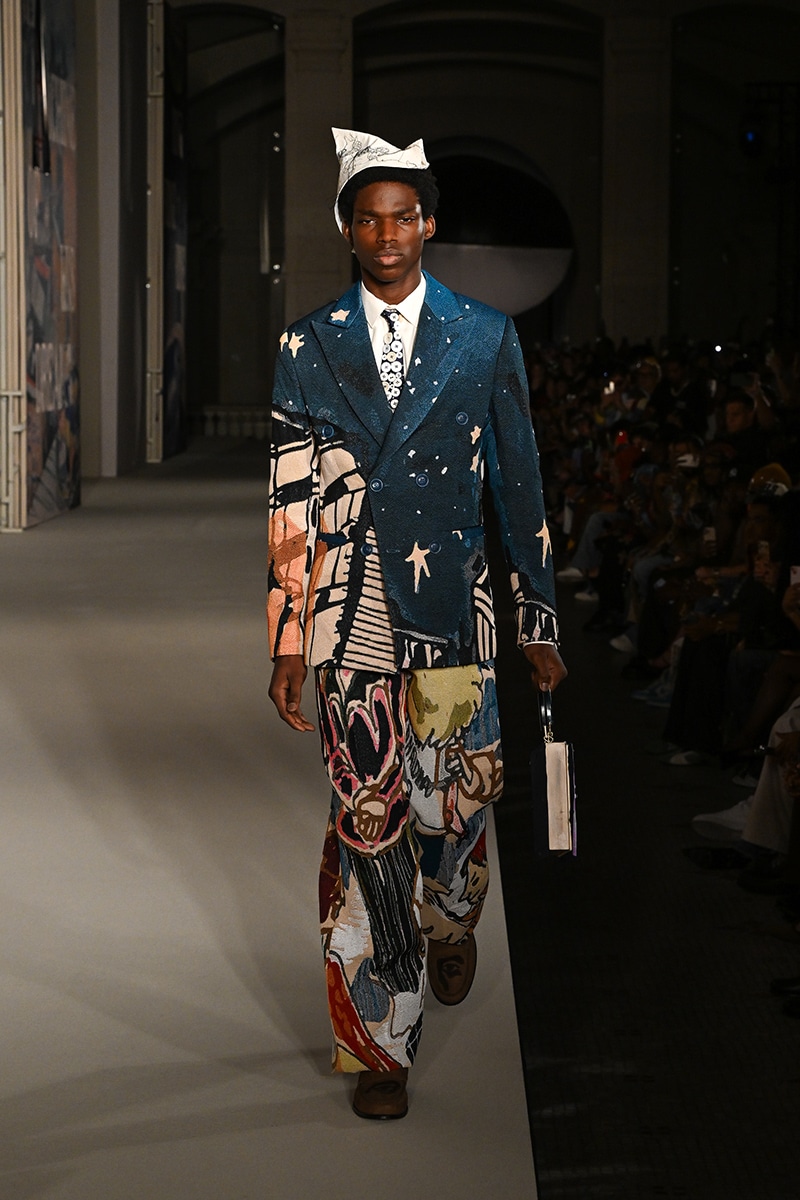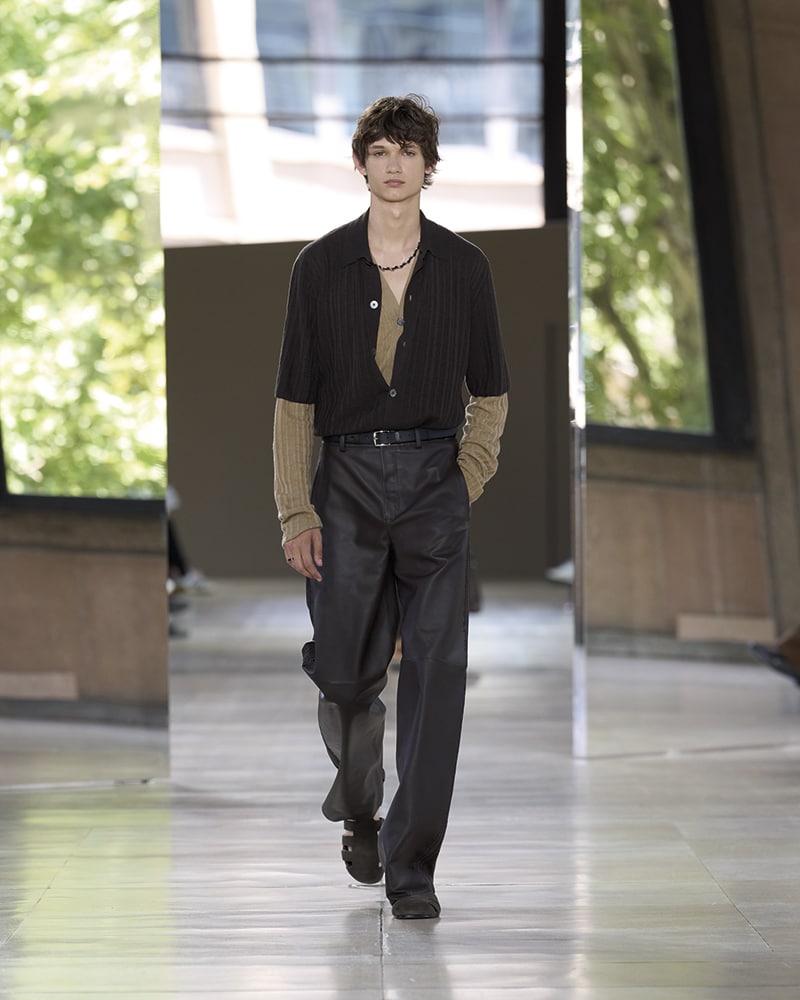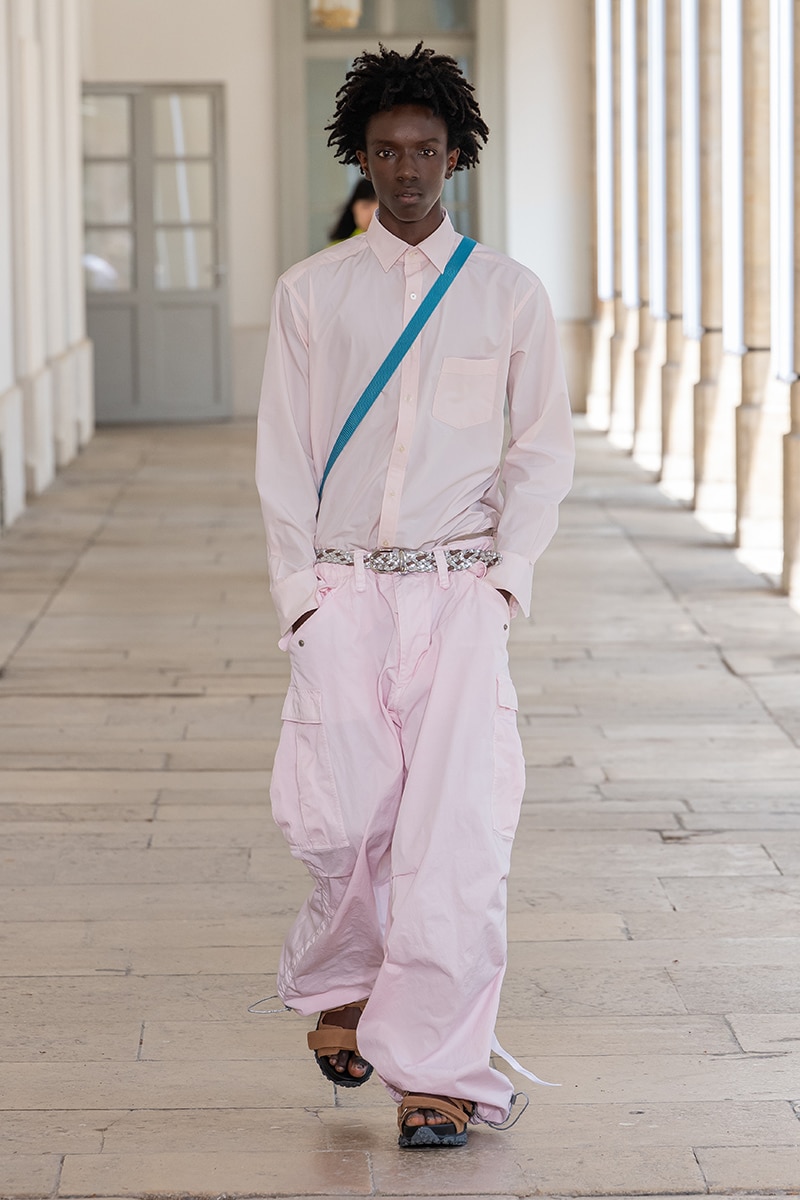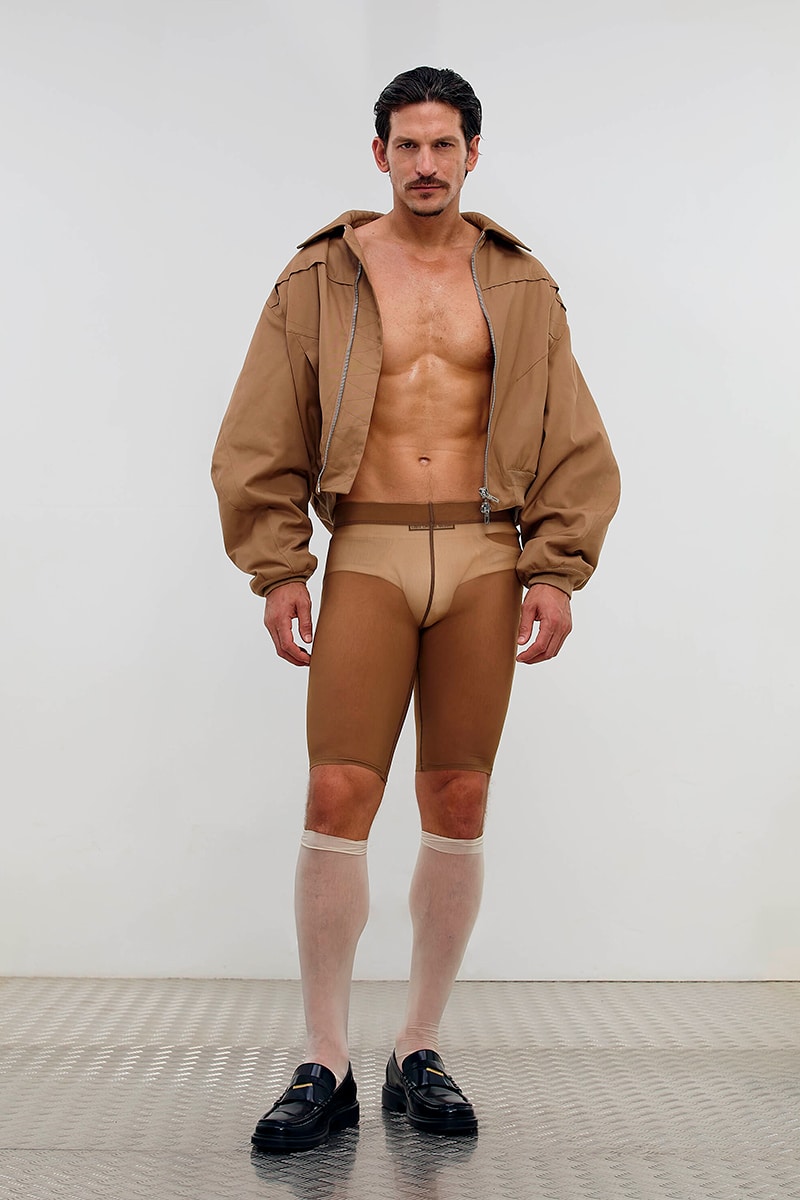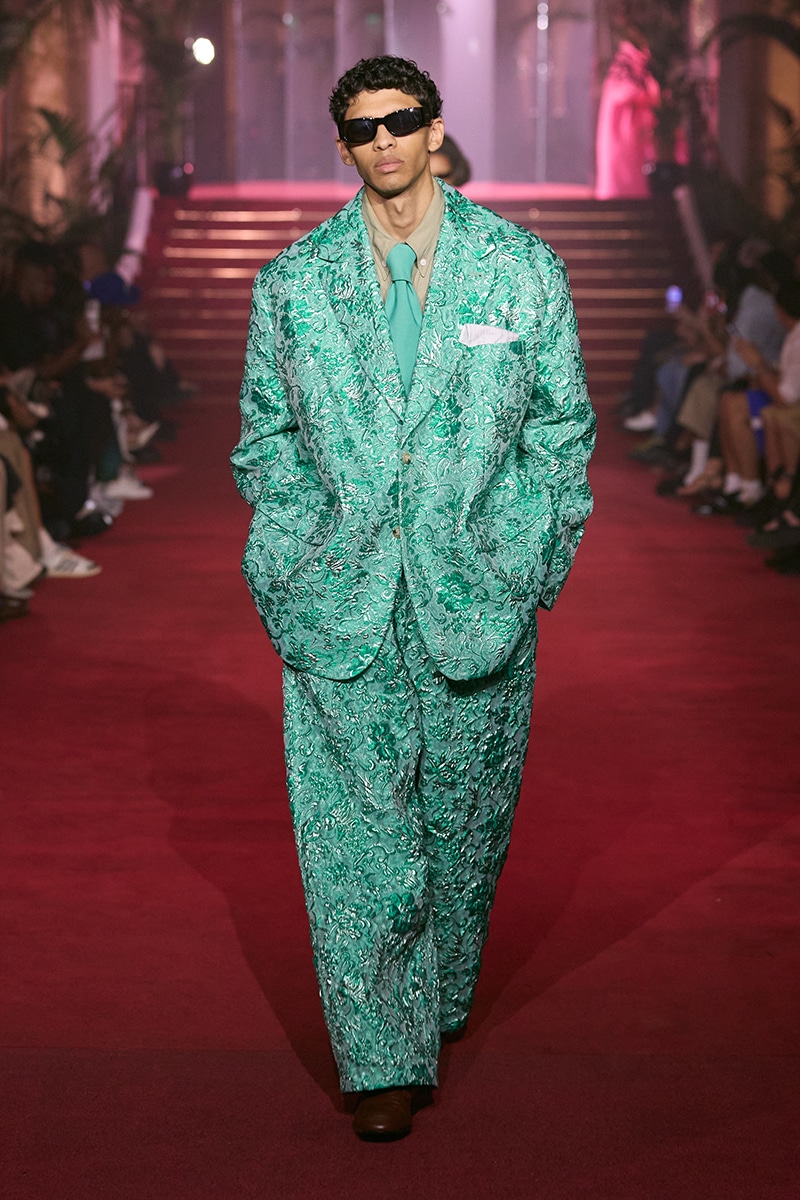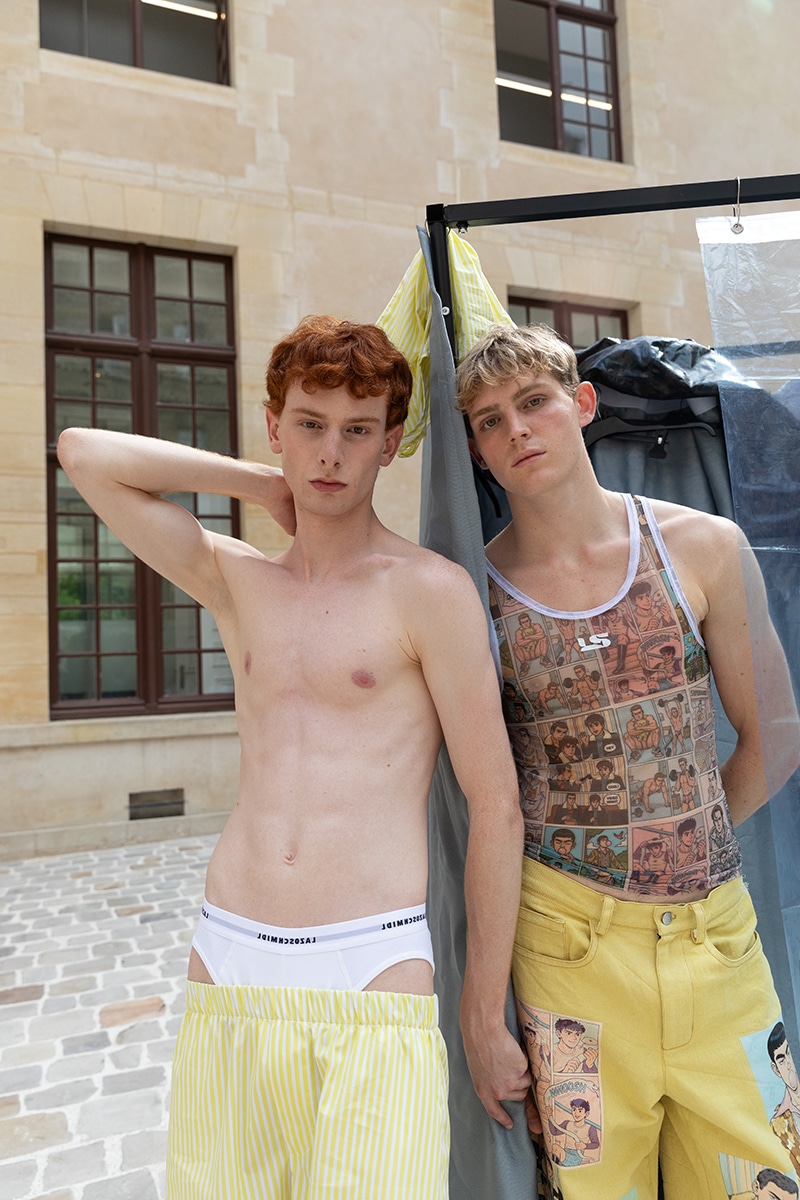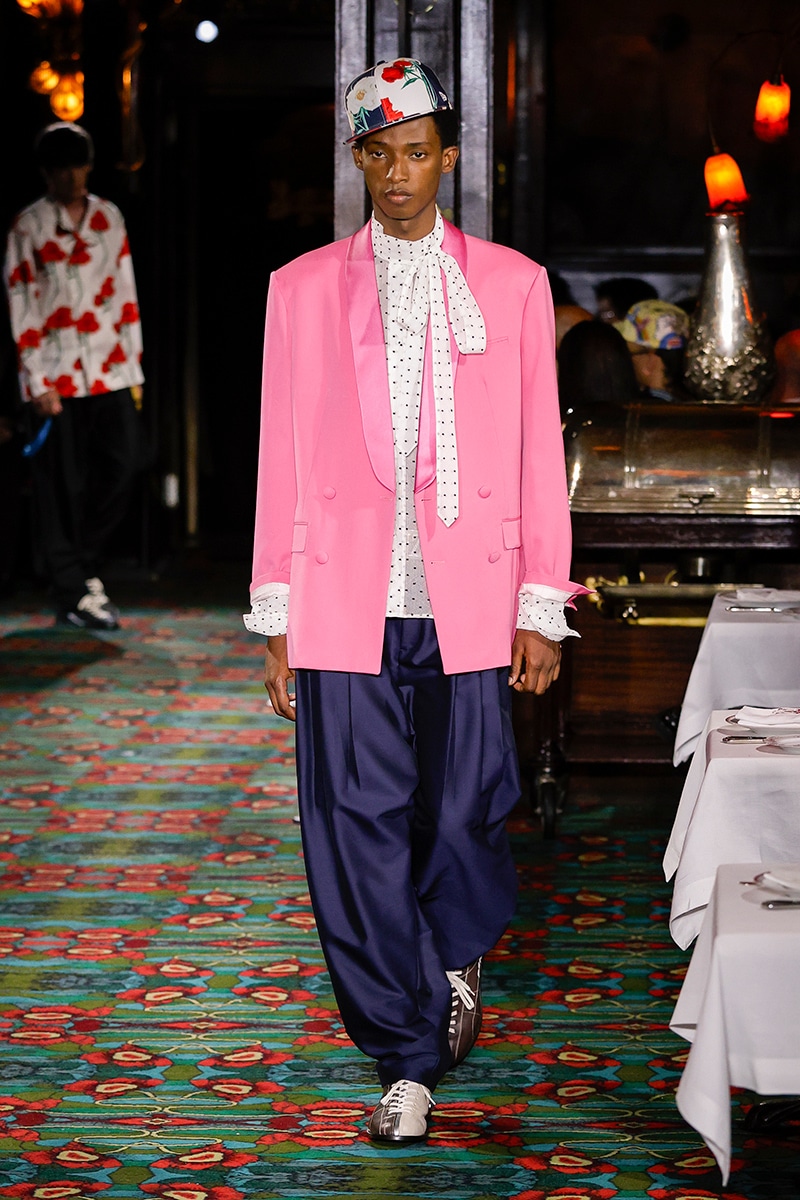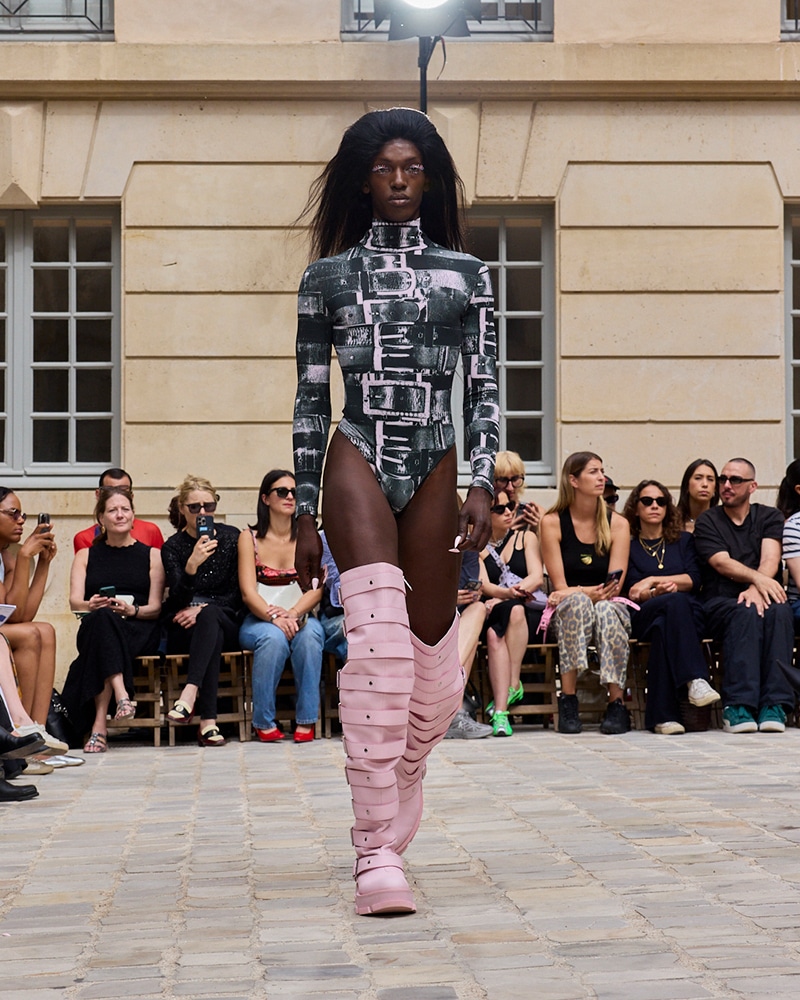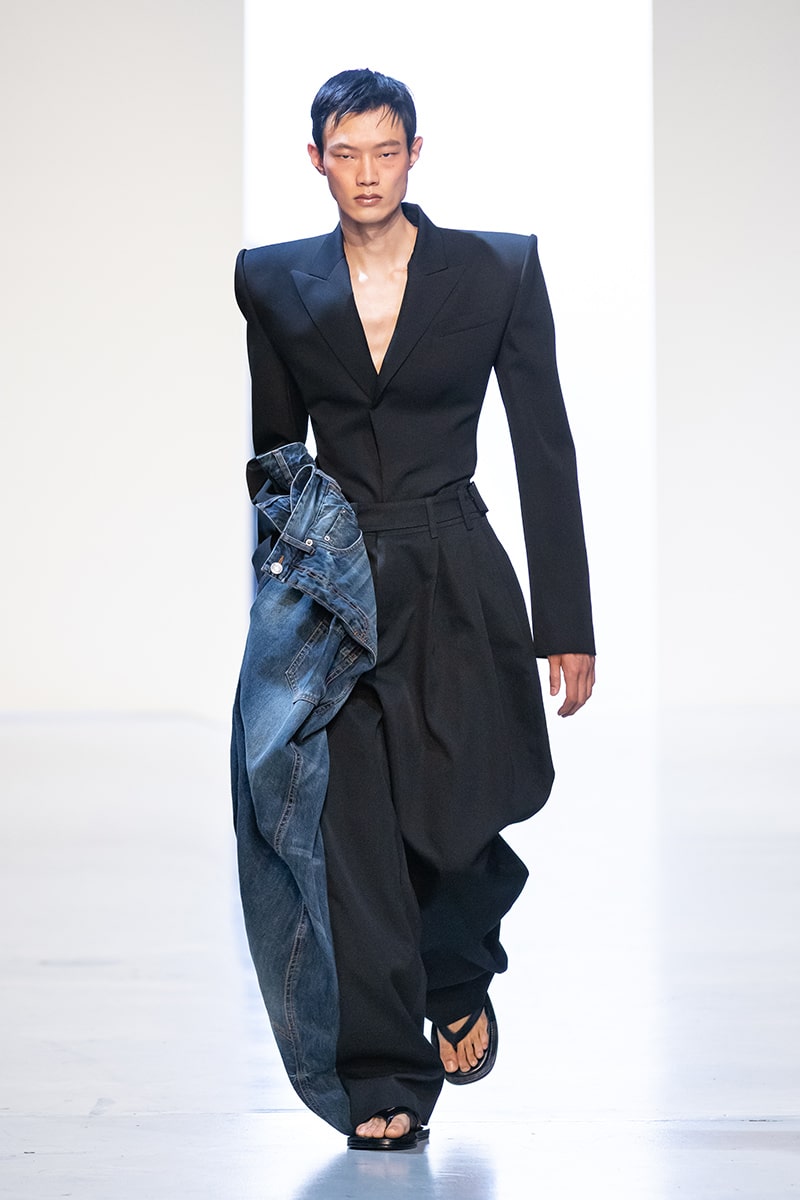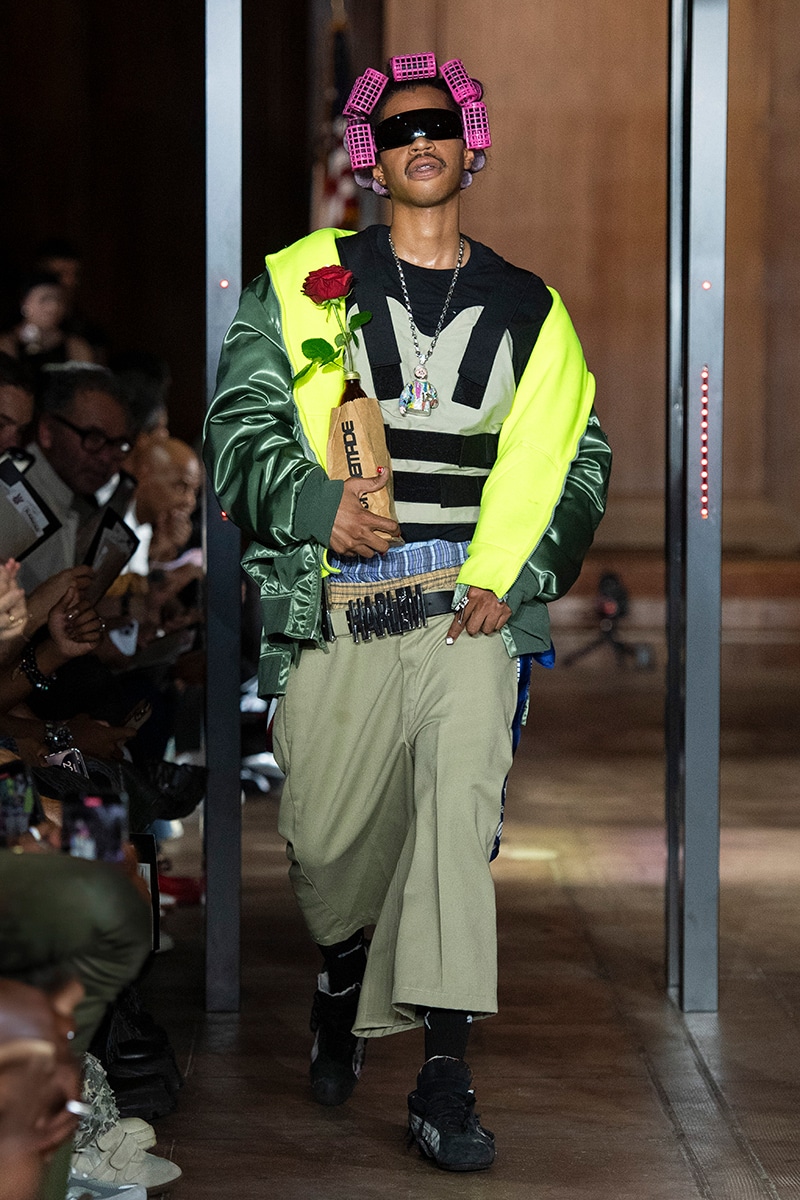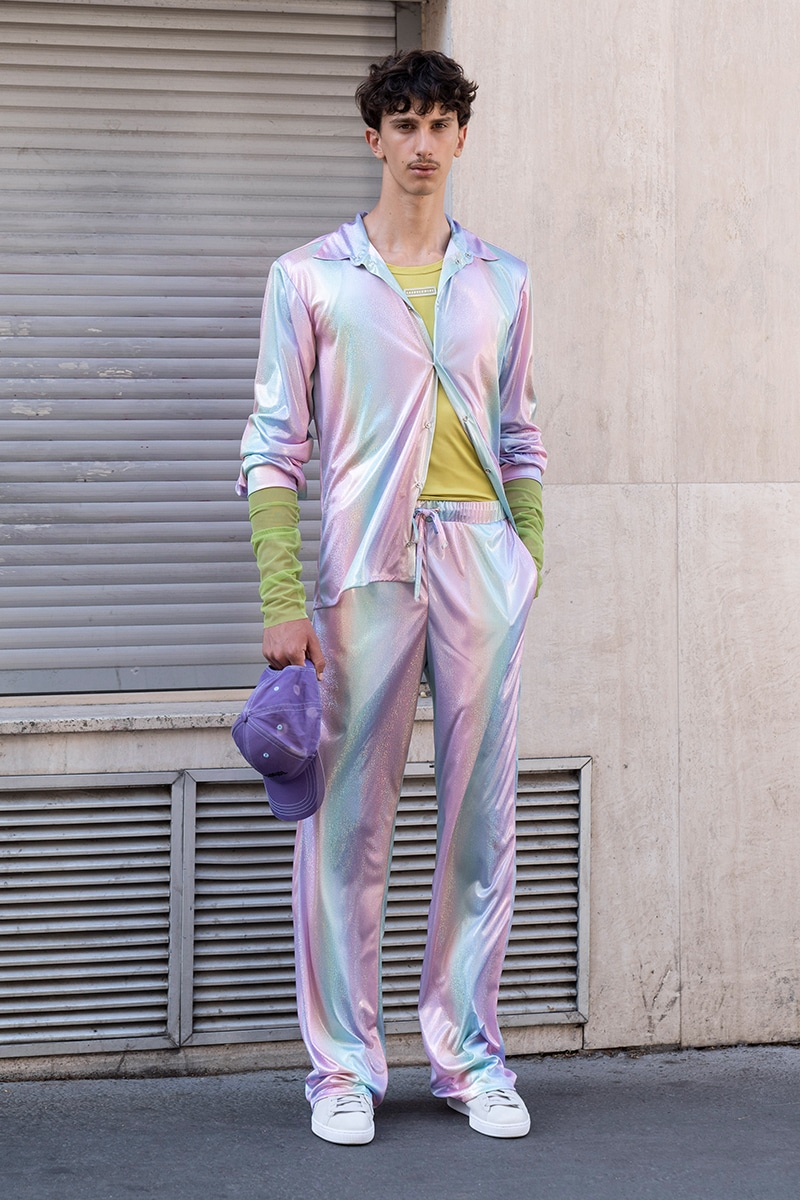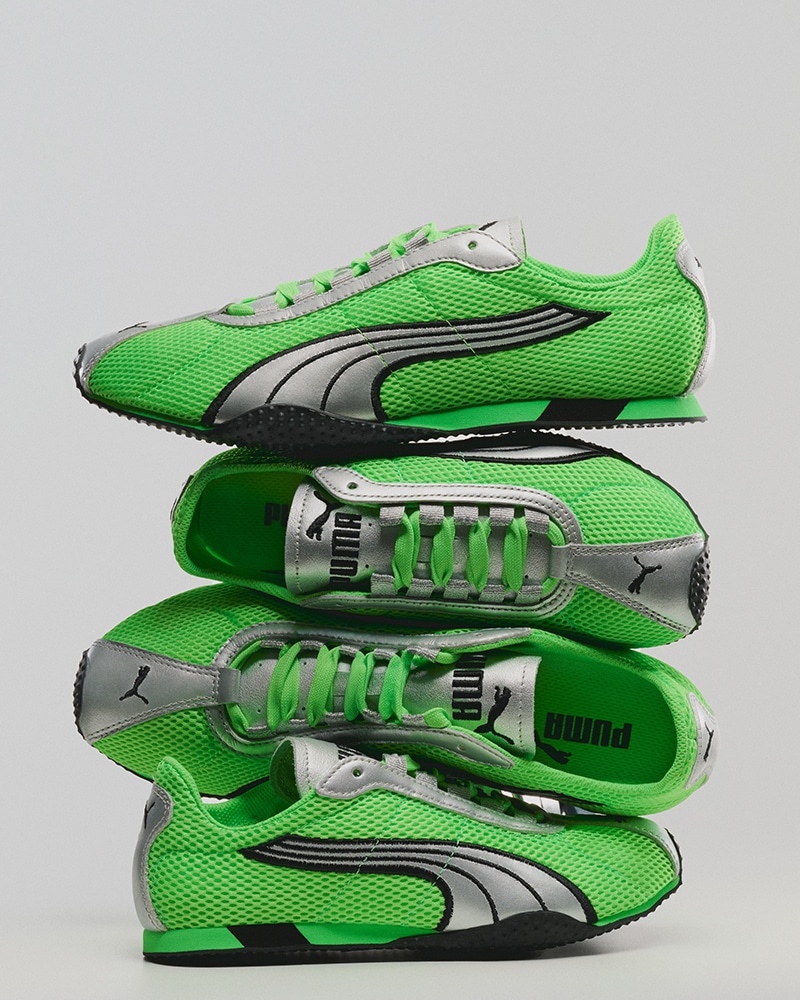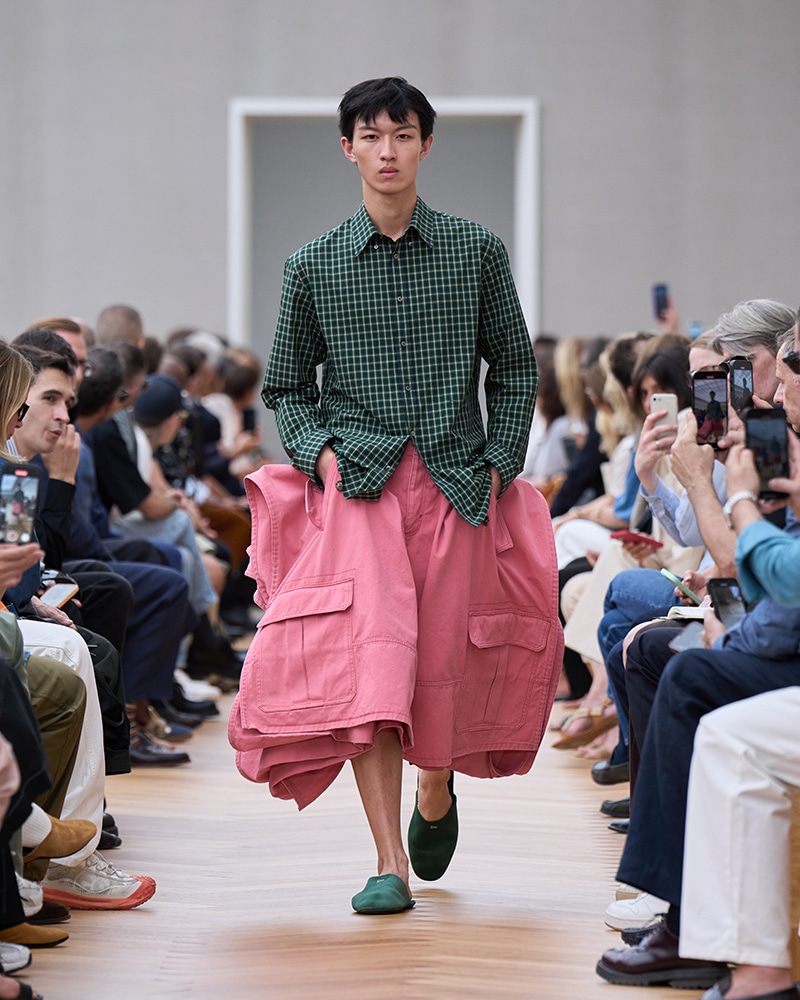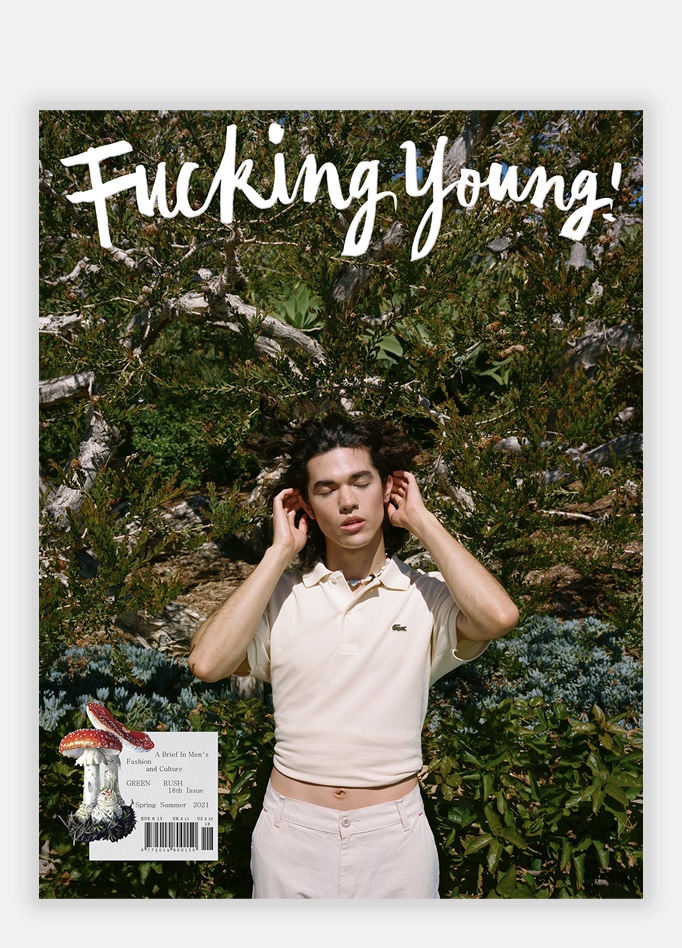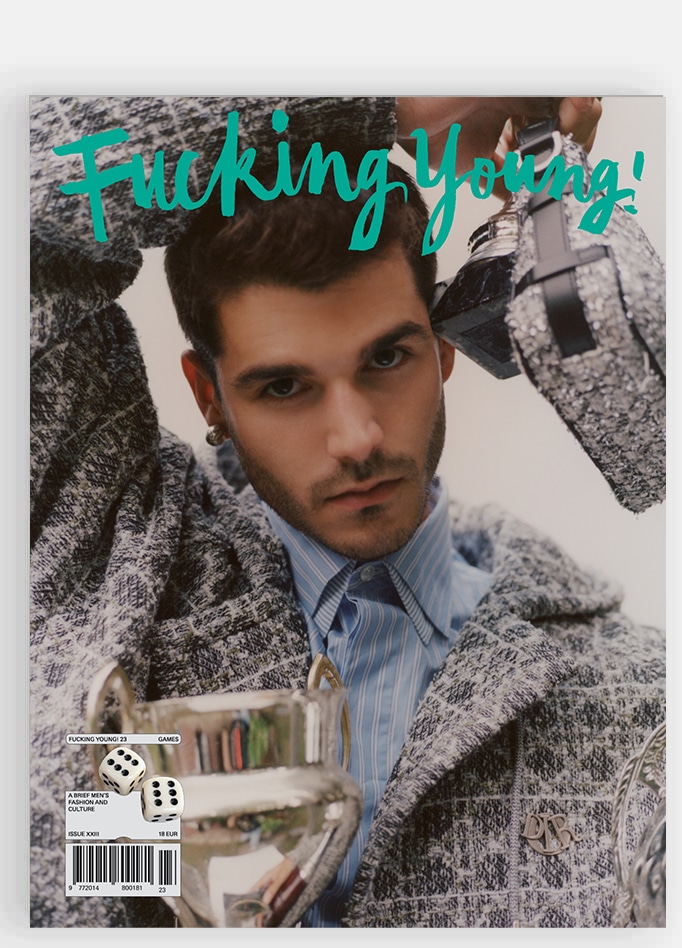Yves Saint Laurent and Brioni drop fur, making Kering Group completely fur free
by Adriano Batista

Kering, one of the world’s largest luxury fashion companies and parent company to some of the biggest names in fashion – including Gucci, Yves Saint Laurent, Alexander McQueen, Balenciaga, Bottega Veneta and Brioni – announced that it is going completely fur-free. The announcement is a significant blow to the declining fur trade and puts pressure on the few remaining fashion brands that continue to sell fur to follow suit.
Yves Saint Laurent and Brioni were the last of Kering’s brands to use fur. Humane Society International and the Humane Society of the United States worked with Gucci to announce its fur-free policy in 2017. They were later joined by Bottega Veneta in 2018, and earlier this year Alexander McQueen and Balenciaga made the decision to drop fur.

Kitty Block, CEO of Humane Society International and CEO and president of the Humane Society of the United States, said: “The future is clearly fur-free and now one of the world’s largest luxury fashion conglomerates agrees. As markets around the globe close their doors to fur products opting instead for innovative humane products, it makes complete sense for a power fashion house like Kering to make this ethical decision. We couldn’t be more proud of our long-standing relationship with Kering and its brands and look forward to continuing our work with them to pave the way for a kinder fashion world.”
The announcement comes at a time when the majority of fashion brands and retailers have moved away from fur opting instead for cruelty-free alternatives that are better for animals and the planet. Just this year alone, Neiman Marcus, Saks Fifth Avenue, Mytheresa, Canada Goose, Valentino, Oscar de la Renta, Tory Burch, Holt Renfrew, Mackage, Moose Knuckles, Alexander McQueen and Balenciaga have announced fur-free policies. Also in 2021, Israel became the first country to ban fur sales and the British government is also considering a fur import and sales ban in the coming months. In the U.S., Ann Arbor, Michigan and Weston, Massachusetts also banned fur sales this year following California’s ban in 2019.
LGN Louis Gabriel Nouchi Launch Leather Goods Line
SUNNEI Spring/Summer 2022
ZIGGY CHEN’s PRITRIKE doesn’t shout. It hums like the low, steady pulse of rain on summer earth.
After showing off-calendar for two seasons in a presentation format, the 2023 LVMH Prize-nominated designer Kartik Kumra is now the first Indian designer to be on the official menswear calendar.
SANKUANZ’s Spring/Summer 2026 collection finds its heartbeat in Tara, the Tibetan Buddhist goddess who exists between two worlds, both enlightened and earthly.
Creative director Julian Klausner builds his first men’s collection for the house like a love letter to contradictions.
Fashion often pretends to have answers. TAAKK’s Spring/Summer 2026 collection prefers questions.
Doublet doesn’t ask you to change the world. It just shows what happens when fashion remembers where it comes from.
The idea is simple but clever: take the rigid codes of a gentleman’s wardrobe and soften them for the heat.
For SS26, Hung La’s LỰU ĐẠN closes its trilogy “MAYHEM,” “YOU DON’T BELONG HERE,” and now “NO MAN’S LAND”, with a collection that stares straight at the people society ignores.
Marine Serre‘s Spring/Summer 2026 collection is about the quiet revolution happening in every stitch. Titled THE SOURCE, this is clothing that moves with purpose, crafted by hands that treat savoir-faire not as a relic, but as rebellion.
Here,… »
When J Balvin puts his name on something, you know it won’t be ordinary.
C.R.E.O.L.E.’s DOM TOP FEVER collection is a reckoning. It digs into displacement, memory, and the act of reclaiming stories that have been buried or distorted.
Entitled ‘The Boy Who Jumped the Moon’, this latest KidSuper collection explored key notions of naïveté, innocence and dreams, which are some of the defining characteristics of any childhood.
Hermès’ Spring/Summer 2026 collection moves in straight lines: clean, precise, effortless.
Kolor’s Spring/Summer 2026 collection plays with time, not in a heavy, sci-fi way, but with a light touch.
Louis Gabriel Nouchi’s Spring/Summer 2026 collection asks a question: Do androids dream of wet desires?
Willy Chavarria’s Spring/Summer 2026 runway show was a protest, a love letter, and a reclamation of dignity.
Take a look at Kenzo’s Spring/Summer 2026 backstage, captured by the lens of Thomas Lizzi during Paris Fashion Week, in exclusive for Fucking Young!
Take a look at LAZOSCHMIDL’s Spring/Summer 2026 presentation, captured by the lens of Rita Castel-Branco during Paris Fashion Week, in exclusive for Fucking Young!
From strippers to cake and condoms as souvenirs, the Carne Bollente party during Paris Fashion Week was the place to dance the night away.
Staged at the legendary club Maxim’s in Paris, NIGO takes us out clubbing with his collection for Kenzo.
JEANNE FRIOT presented her Spring/Summer 2026 collection, Resistance, during Paris Fashion Week, and left no room for metaphor.
JUUN.J’s Spring/Summer 2026 collection, “BOY-ISH,” turns fashion’s happy accidents into something intentional.
For White Mountaineering’s SS26 collection, designer Yosuke Aizawa looks back to the 1970s, when gear like Kelty’s aluminum frame packs and early Gore-Tex jackets redefined what clothing could endure.
A$AP Rocky took over Paris’ L’Eglise Protestante Unie de l’Etoile to prove one thing: what starts as a uniform, a necessity, or even something dismissed as “ghetto” can become the blueprint for luxury.
These are clothes designed for daily life, but with the same philosophical undercurrent: beauty that doesn’t conform, but adapts.
LAZOSCHMIDL’s Spring/Summer 2026 collection, Rendezvous, is a love story told through clothes
Take a look at Drôle de Monsieur’s Spring/Summer 2026 backstage, captured by the lens of Tiago Pestana during Paris Fashion Week, in exclusive for Fucking Young!
PUMA is bringing back the early 2000s track spirit with its reimagined H-Street sneaker.
Take a look at SYSTEM’s Spring/Summer 2026 backstage, captured by the lens of Tiago Pestana during Paris Fashion Week, in exclusive for Fucking Young!
Dior has always been a cultural language. For Summer 2026, Creative Director Jonathan Anderson plays with that lexicon, stretching its history into new shapes.


